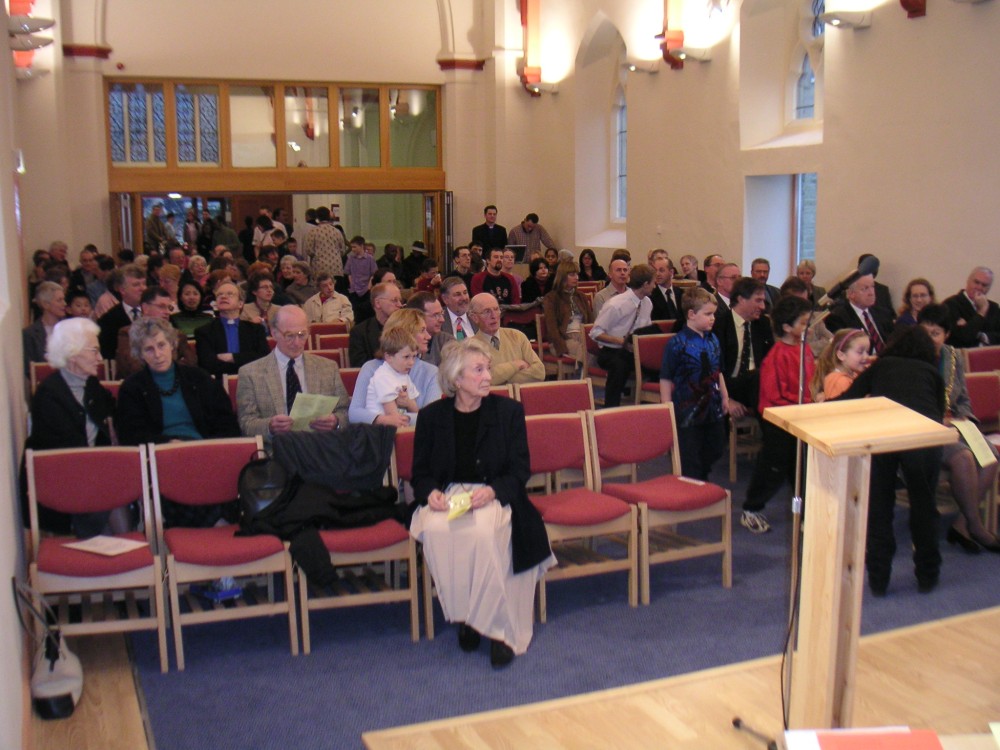Why I worry about the pastors of politically divided churches
In our current political climate, the preacher struggles to say something both unifying and prophetic.
It’s been a rough couple of months for many pastors as they’ve led their congregations through post-election anxieties. Those who endorsed the president-elect have to face the anxiety that comes from getting what you want. Many called their churches to support him because of his stand on a particular issue such as abortion. Now they’re destined to four years of advocating for a president whose life and public policies reject most of the morality they preach from their pulpits. I’m not too worried about these pastors because they seem to have the capacity to stay on top of the political sentiments of their congregations.
By contrast, those pastors who publicly denounced Donald Trump have spent the last two months binding up the wounds of their congregation and assuring them all is not lost. There have been special worship services, listening sessions, and newly formed community alliances focused on demonstrating a commitment to Muslim-Americans, harassed women, LGBTQ people, or undocumented workers. These pastors have redeclared their churches to be sanctuaries for all of God’s children. I worry about the stamina of these pastors, but not their vision. They’re tired but have healthy souls.
The pastors I fret over the most are those whose congregations are divided in their political allegiances. These churches pride themselves on being a place where all types of diversity are held together by a common center in Christ. “The center will always hold,” pastors have said for years. “We don’t have to worry about what divides us.” But this last election revealed that we have never been a centered country; congregations had better be worried about what divides them.






